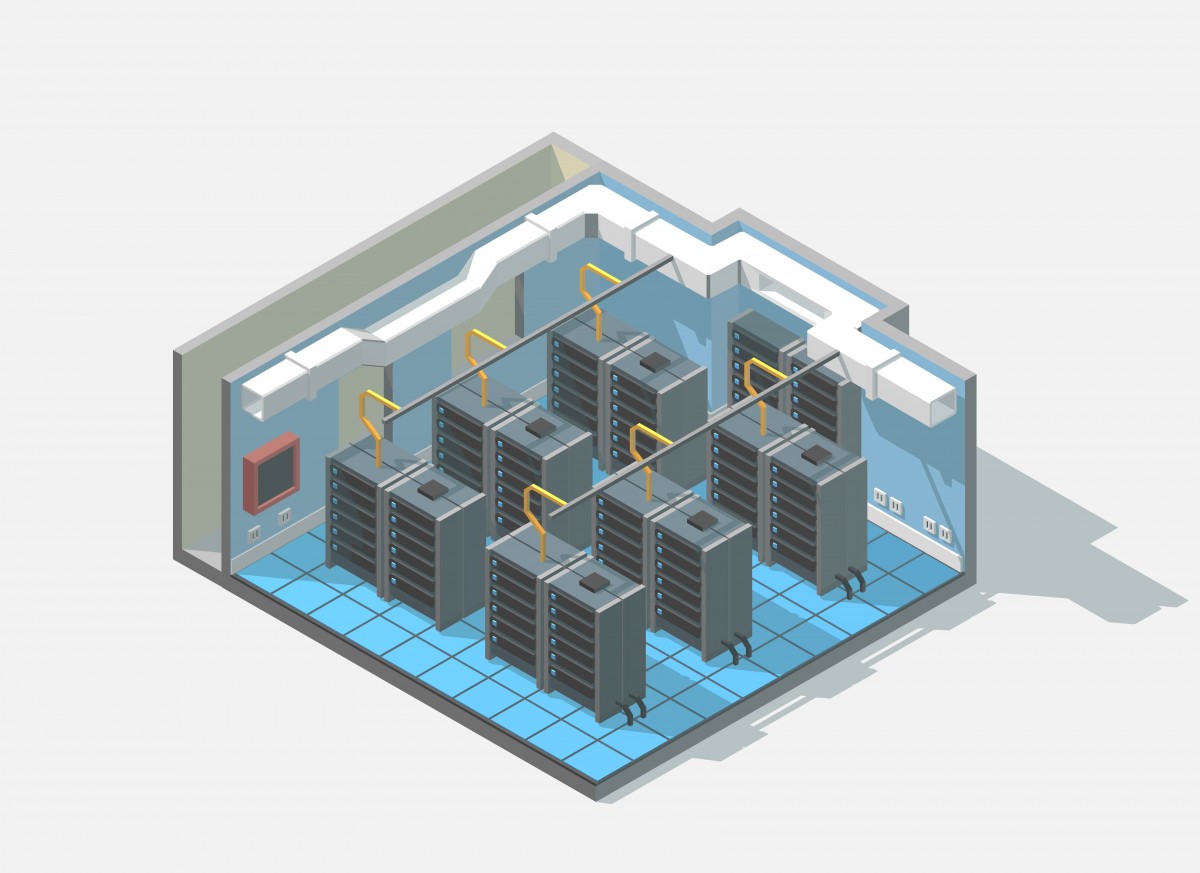DataCore Software has been awarded a new patent as part of a set of related applications covering techniques for improving I/O performance on a multicore system. When combined, these patented technologies enable DataCore software-defined storage products to deliver immediate performance improvements across all existing storage systems.
Customers do not need to replace hardware, or undergo any tuning, workload-specific setup or migration; they simply install the software and storage becomes faster. This level of speed and simplicity is reflected by the nearly 80 percent of DataCore customers that report up to 10 times faster storage performance, as well as DataCore’s standing as SPC-1 World-Record holder for price-performance in storage systems.
The patented technologies are also expressed in DataCore’s Parallel I/O technology, which enables users to unlock the full performance of multicore servers with DataCore software-defined storage. Many hypervisors and operating systems treat I/O serially, even though workloads are scheduled to run in parallel across several CPUs. Instead of waiting on one serial process for I/O, which creates a significant bottleneck, Parallel I/O enables I/O to be processed in parallel—resulting in the need for fewer servers, applications that run 10 times faster, systems that respond quicker without adding hardware, higher workload consolidation ratios with more VMs per server, and decreased costs and complexity.
“Our unique technology expertise has enabled DataCore to create a world-class software-defined storage platform that delivers greater I/O throughput, with better and more deterministic latency, while using less resources,” said Nick Connolly, Chief Scientist at DataCore Software. “It’s technical innovations like these that elevate DataCore from being just a provider of storage virtualization into the authority on software-defined storage.”
A storage solution based on commodity hardware, such as DataCore software-defined storage, can seamlessly take advantage of improvements in the underlying platform. Moore’s Law projects that the number of transistors on a chip will double every year or two. This traditionally has meant faster CPU clock speeds and faster applications as a result. However, in recent years, CPU clock speeds have been reasonably static and Moore’s Law has instead driven the development of multicore chips with massive parallelism. A single chip can now contain more than a hundred logical CPUs, and a system may contain up to four chips. This significantly changes the way software needs to be developed.
Since its inception, DataCore Software has targeted multi-CPU hardware and has a wealth of expertise in this area due to its heritage in real-time and symmetrical multi-processing. However, there is a vast difference between algorithms that perform well with a few CPUs and the techniques that are required to enable hundreds of logical processors to handle millions of I/Os per second with microsecond latency. To address this, DataCore has developed a number of innovative techniques to maximize performance, while maintaining the required level of consistency.




